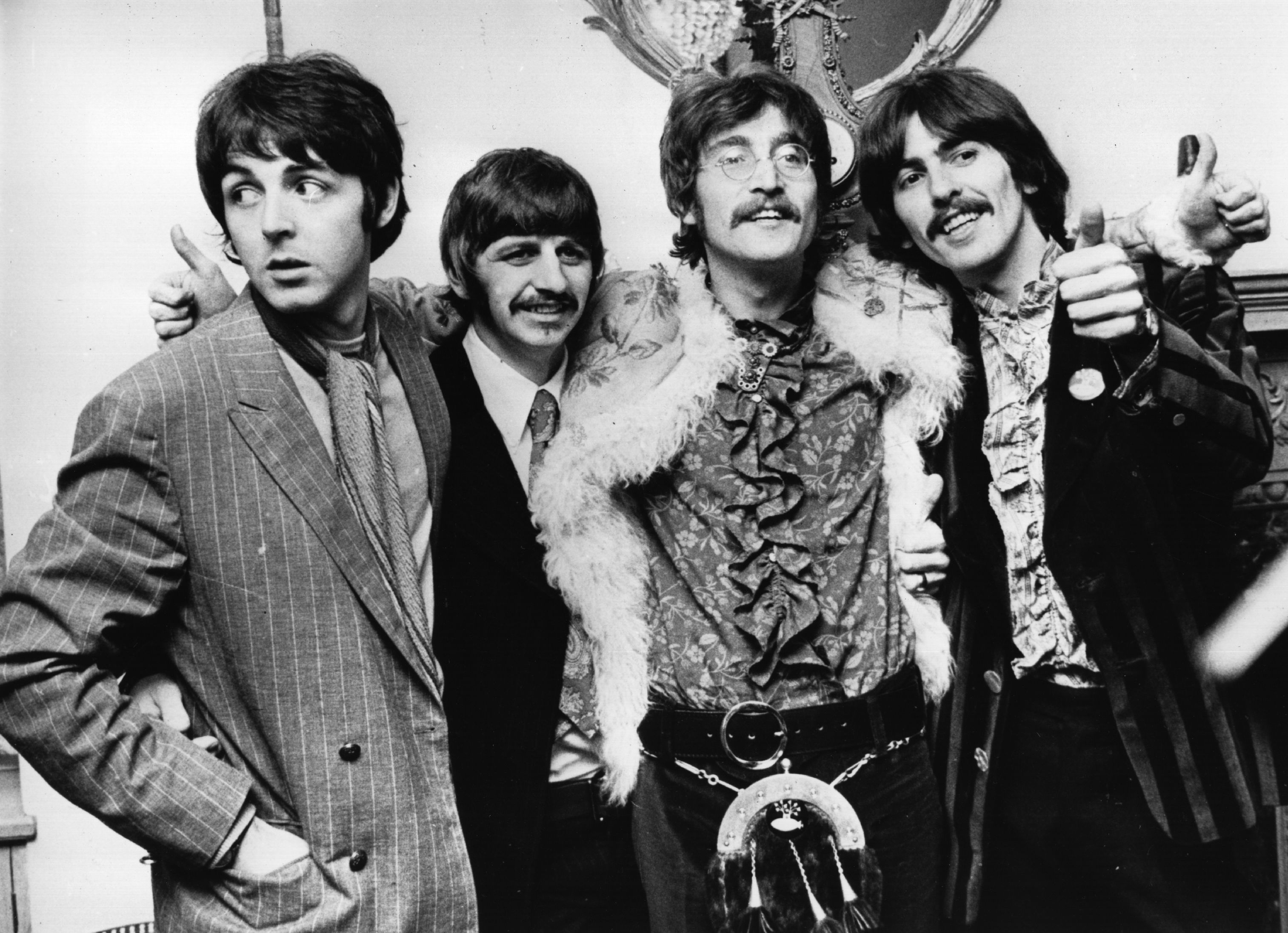John Lennon Revealed the Meaning of The Beatles’ ‘Revolution 9’
The White Album includes one of the most oblique songs in The Beatles’ catalogue. Luckily for fans, John Lennon opened up about the song’s meaning during a famous interview. Interestingly, John revealed the White Album song in question reflected some of his personal feelings — and had an odd joke in it to boot.

John Lennon called one of the songs from The Beatles’ White Album’ an ‘unconscious picture’
In the book Lennon Remembers, John told Rolling Stone co-founder Jann S. Wenner that violent revolution seemed inevitable. However, John didn’t think this was a good thing because he didn’t want to die. John revealed he poured his feelings about violent revolution into one of The Beatles’ songs.
“‘Revolution 9’ was an unconscious picture of what I actually think will happen when it happens,” John said. “That was just like a drawing of revolution. Because arbitrarily, I was making… all the thing was made with loops. I had about thirty loops going, I fed them onto one basic track. I was getting like Beethoven and I’d go upstairs, chopping it up and making it backwards and things like that to get sound effect.
“And one thing was an engineer’s testing [tape], where they’d come on talking and say [in a robotic voice], ‘this is EMI test series number nine.’ So I just cut up whatever he said and I had ‘No. 9”.’ ‘Nine’ is-I don’t know, it turned out to be my birthday and me lucky number and everything, but I didn’t realize it. It was just so funny, the voice went, ‘No. 9.” It was like a joke, bringing ‘No. 9’ in all the time.”
John said there were many symbolic things about the song. Yoko Ono chimed in to say the number nine is notable because it’s the “highest number.” John agreed.
How the world reacted to ‘Revolution 9′ from The Beatles’ ‘White Album’
“Revolution 9” was not released as a single. Who knows if a song this long and unusual would have been embraced by radio stations. However, the song’s parent album, the White Album, reached No. 1 on the Billboard 200, remaining on the chart for 215 weeks. In addition, the White Album is widely considered one of The Beatles’ best albums and one of the best albums of all time.
While “Revolution 9” was not a hit, it still left an impact on popular culture. The Simpsons episode “Homer’s Barbershop Quartet” is about Homer Simpson and some other characters starting a barbershop quartet which is somewhat similar to The Beatles. Barney Gumble dates a conceptual artist reminiscent of Yoko and writes an avant-garde song where a voice repeats the phrase “No. 8” over and over as Barney burps. The track is an obvious parody of “Revolution 9.” John saw “Revolution 9” as a bit of a joke — and it fittingly provided fodder for a Simpsons gag.


